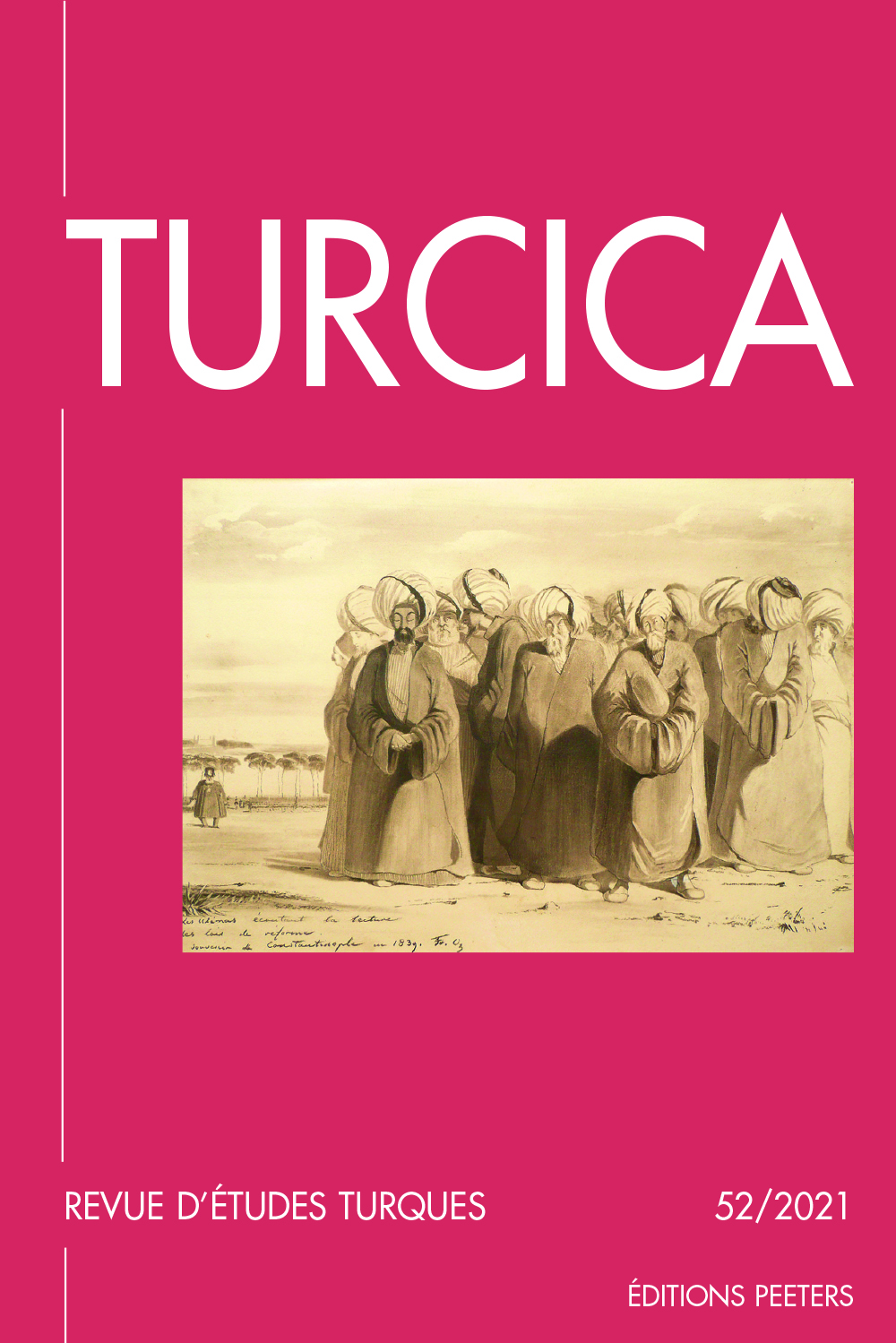 previous article in this issue previous article in this issue | next article in this issue  |

Preview first page |
Document Details : Title: Antisionisme et antisémitisme dans la presse ottomane d'Istanbul à l'époque jeune turque (1909-1912) Subtitle: L'exemple d'Ebüzziya Tevfik Author(s): TÜRESAY, Özgür Journal: Turcica Volume: 41 Date: 2009 Pages: 147-178 DOI: 10.2143/TURC.41.0.2049291 Abstract : Le sionisme devient un sujet central dans le débat public ottoman après la répression de la contre-révolution d’avril 1909. En publiant les tout premiers articles sur la question dans la presse ottomane, l’intellectuel renommé Ebüzziya Tevfik (1849-1913) s’est livré à une lutte acharnée contre le sionisme. Auteur du premier ouvrage consacré à l’histoire du peuple juif en turc ottoman (1888), ce journaliste vétéran publie, entre 1909 et 1911, une vingtaine d’articles antisionistes caractérisés de plus en plus par un ton antisémite. En décryptant l’évolution de sa «pensée» sur «la question juive», question quasiment inexistante dans le contexte ottoman jusqu’aux lendemains de la Révolution jeune turque de 1908, cet article éclaire l’apparition de l’antisémitisme dans les pays ottomans à la veille de la Première Guerre mondiale et son rapport à l’antisionisme. Zionism became a major topic of public debate in the Ottoman Empire after the counter-revolution of April 1909 was crushed. The renowned intellectual Ebüzziya Tevfik (1849-1913) started a fierce struggle against Zionism through publishing the very first press articles on the question. Author of the first book on the history of the Jewish people in Ottoman Turkish (1888), this veteran journalist published between 1909 and 1911 over twenty anti-Zionist articles characterized more and more by an anti-Semitic tone. By deciphering the evolution of his «thought» on the «Jewish question», a virtually nonexistent question in the Ottoman context before the Young Turk Revolution of 1908, this article aims to shed light to the emergence of anti-Semitism in Ottoman lands on the eve of the First World War and to its connection to anti-Zionism. |
 |


